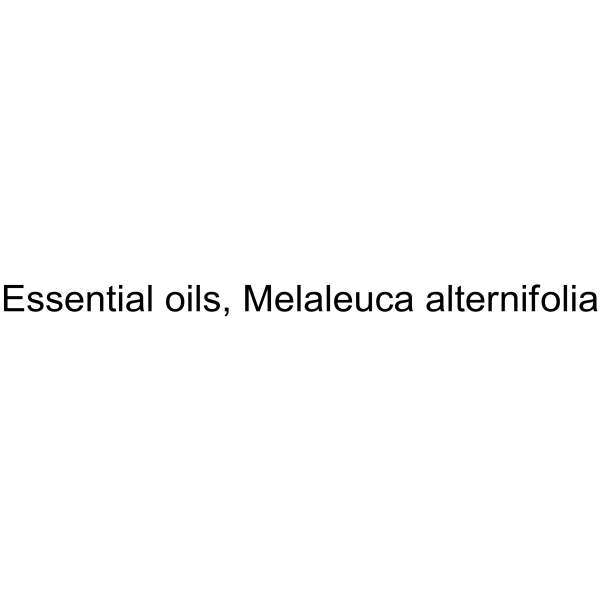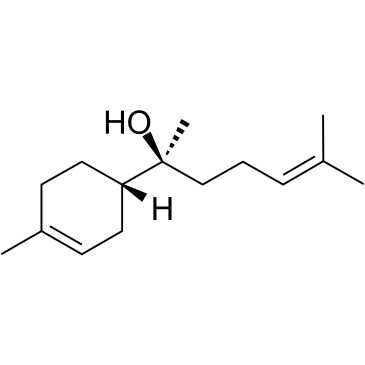| 结构式 | 名称/CAS号 | 全部文献 |
|---|---|---|
 |
茶树油
CAS:68647-73-4 |
|
 |
左美诺醇
CAS:23089-26-1 |
| 结构式 | 名称/CAS号 | 全部文献 |
|---|---|---|
 |
茶树油
CAS:68647-73-4 |
|
 |
左美诺醇
CAS:23089-26-1 |